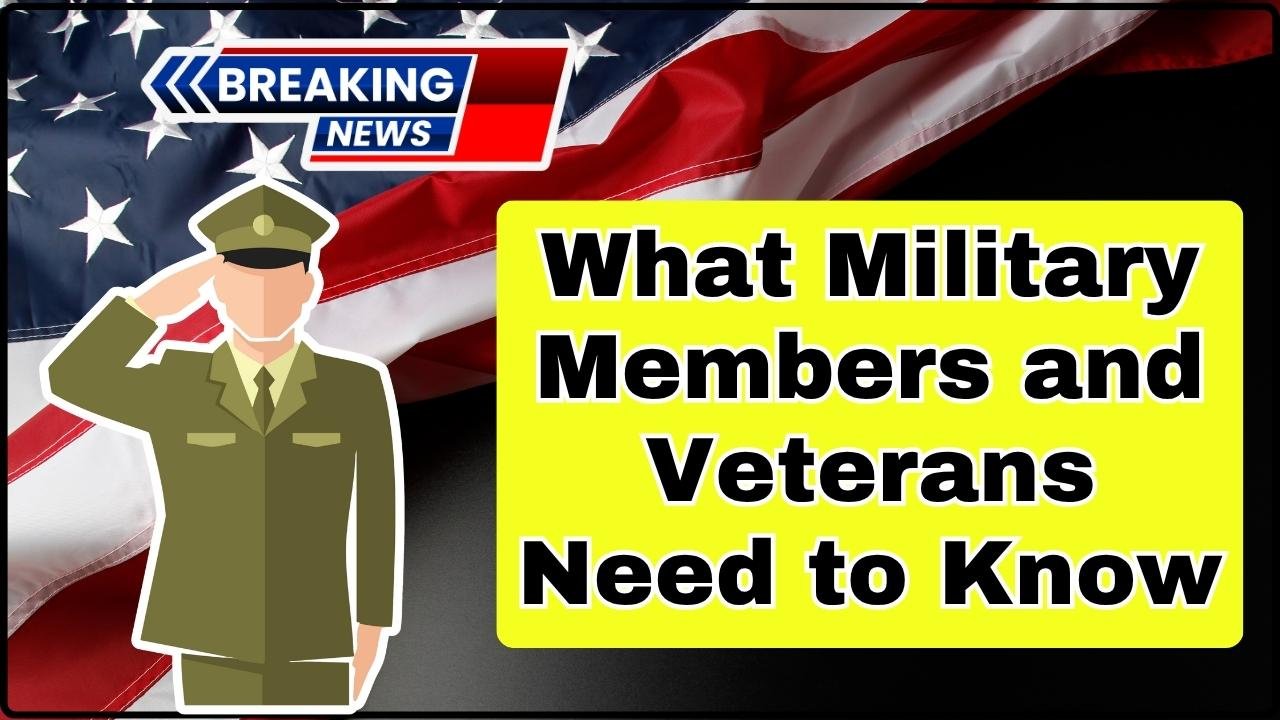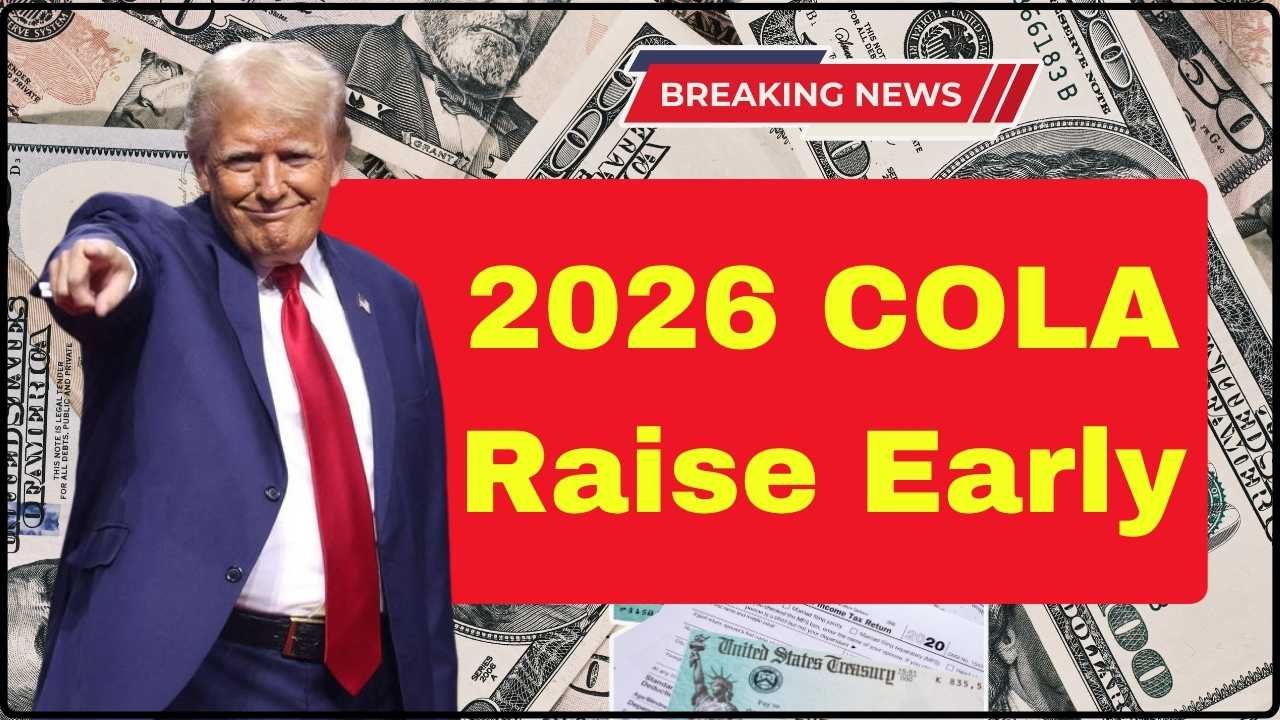California to Revoke 17,000 Immigrant Commercial Licenses: California is undertaking a monumental step that is sending shockwaves through the trucking and logistics industries. The state has announced it will revoke 17,000 commercial driver’s licenses (CDLs) issued to immigrant drivers whose legal status in the U.S. has expired or does not meet the stricter federal requirements introduced recently. This sweeping action holds significant implications for thousands of drivers, their families, employers, and the broader economy. This article dives deep into what this decision means, explains the reasons behind it, provides practical advice for affected individuals and companies, explores economic consequences, and gives answers to frequently asked questions. It’s designed to be crystal clear for all readers—from those just getting familiar with the topic to seasoned professionals dependent on these licenses.
California to Revoke 17,000 Immigrant Commercial Licenses
The revocation of 17,000 immigrant commercial driver’s licenses in California signals a new era of enforcement aligning state policies with federal immigration and commercial driving laws. While this promotes safety and legality, it unnerves many workers and industry players who depend on these licenses daily. If you or your business is impacted, it’s vital to act now: verify your license and immigration status, stay updated with ongoing developments, and seek expert advice to mitigate risks. Navigating these changes wisely is key to maintaining your career and ensuring the continued flow of goods in one of America’s most critical economic regions.

| Topic | Details |
|---|---|
| Number of Licenses Revoked | 17,000 immigrant commercial driver’s licenses in California |
| Reason for Revocation | Licenses issued without valid legal stay authorization, violating federal requirements |
| Impacted Group | Immigrant truckers with expired or non-compliant immigration status |
| Revocation Timeline | Licenses expire or are invalidated 60 days after notification letters are sent |
| Governing Law & Authorities | California DMV enforcing FMCSA rules after audit |
| Economic Impact | Disruption risks in supply chain, possible job losses and driver shortages |
| Official Information | California DMV Commercial Driver Licensing |
What Is a Commercial Driver’s License (CDL) and Why Does It Matter?
A Commercial Driver’s License (CDL) is a special permit required to operate heavy vehicles such as trucks, buses, and trailers on public roads. This isn’t your average driver’s license—it requires additional skills testing, knowledge, and background verification because operating these vehicles safely is critical for public safety.
CDLs are fundamental in keeping goods moving across the state, the country, and beyond. In California, immigrant drivers make up a significant portion of the commercial trucking workforce, contributing massively to industries like agriculture, manufacturing, retail, and more. Without a valid CDL, these drivers cannot legally do their jobs, causing ripples in the freight and transportation sectors.
Why California to Revoke 17,000 Immigrant Commercial Licenses?
In mid-2025, California’s CDL issuance process came under intense federal scrutiny. The Federal Motor Carrier Safety Administration (FMCSA) conducted a nationwide audit focusing on non-domiciled commercial driver licenses—that is, licenses issued to those without permanent residency. The FMCSA found that California issued approximately 17,000 commercial licenses to immigrants whose legal status had expired or wasn’t compliant with federal regulations.
Federal law mandates CDLs can be granted only to people legally authorized to be in the U.S. during the license validity period. California DMV had issued licenses with expiration dates well beyond the lawful stay limits for many immigrant drivers, a clear federal violation.
In response, California began sending formal letters notifying those affected that their licenses would expire or be revoked within 60 days of receiving the notice. The revocation also applies to personal driver’s licenses tied to these commercial licenses, effectively barring thousands from legally driving in both personal and professional capacities.
U.S. Secretary of Transportation Sean P. Duffy accused California officials, including Governor Gavin Newsom, of “illegally issuing” these licenses and vowed continued federal pressure, including threats to cut hundreds of millions in transportation funding to force compliance.
What Does This Mean for Drivers on the Ground?
If you’re an immigrant commercial driver in California, this news could be life-changing. Many who have spent years safely taking on the tough jobs in trucking are now at risk of losing their licenses and, by extension, their livelihoods.
What Happens Next?
- You Will Receive a Notice: The California DMV has already sent or will send letters informing you that your CDL will be revoked within 60 days.
- Your Driving Privileges End: Once revoked, driving commercial vehicles—and possibly even personal vehicles—without a valid license is illegal, potentially leading to fines or legal action.
- Restrictions on Renewals: Current federal rules prohibit renewal of licenses for immigrant drivers without permanent legal status or specific work visas, tightening eligibility.
- Immediate Action Required: Drivers should carefully review their DHL status, check expiration dates, and consult legal or immigration experts if necessary.
How to Check if Your CDL Is at Risk and What to Do?
- Look for Official Mail from DMV: Watch your mailbox for an official letter regarding revocation.
- Match Your Legal Status with CDL Expiration: Compare your immigration authorization expiry against your CDL expiration. If your CDL exceeds your right to stay legally in the U.S., you’re impacted.
- Contact DMV for Verification: Use the official California DMV CDL page or call their offices to inquire about your license status.
- Prepare Supporting Documents: Gather work permits, visas, or other proof of legal stay to support possible renewal or appeals.
- Seek Legal Assistance: Consult immigration or licensing lawyers early to explore options.

Economic and Industry Implications: Why This Matters Beyond Drivers
Los Angeles alone accounts for a big slice of the nation’s freight movement, and California is a hub where immigrant truckers form a significant part of the workforce. The revocation of 17,000 licenses will have several ripple effects:
- Potential Slowdown in Supply Chains: Fewer licensed drivers mean delays in delivering goods, especially critical items like food and medicines.
- Increase in Transportation Costs: Scarcity of drivers can drive up wages and freight charges, impacting businesses and consumers alike.
- Driver Shortage Worsening: The trucking industry already faces a mounting shortage of commercial drivers, and this setback depletes an invaluable labor pool.
- Local and National Economic Impact: Family incomes and communities supported by these jobs see real financial strain, and California’s economy could face slower growth in freight-dependent sectors.
- Safety Concerns: While compliance strengthens safety, abrupt changes may lead to temporary shortages of experienced drivers.
Real Voices: The Human Face Behind the Numbers
Juan, a California-based trucker with over seven years of experience, shared, “This license is everything to us. Losing it means I can’t put food on my family’s table.”
Maria, logistics manager, noted, “We’re scrambling to get replacements but it’s tough. This could disrupt deliveries at a time when supply chains are already fragile.”
These firsthand accounts highlight that this is not just about licenses—it’s about people’s lives and livelihoods.
Legal Context: Federal and State Laws at Play
- FMCSA Regulations: Federal rules require commercial driver licensees to have legal authorization for their entire license period.
- California’s AB-60: While AB-60 allows undocumented immigrants to get personal driver’s licenses for everyday driving, it does not apply to commercial licenses, especially after recent federal clampdowns.
- English Language Proficiency Standards: The FMCSA flagged California in 2025 for failing to enforce English proficiency requirements for commercial drivers, which is also part of the ongoing compliance push.
- Federal Enforcement Actions: The U.S. Department of Transportation has withheld over $40 million in funds from California due to these licensing issues.
How Does California’s Situation Compare Nationally?
California issued the highest number of immigrant commercial licenses at odds with federal criteria. Other states are under scrutiny but have fewer licensed immigrant truckers or stricter compliance standards. California’s actions now align it more with federal expectations, though controversies and legal challenges continue.
Employer Guidance — Preparing for Instability
- Conduct regular audits of your drivers’ license and immigration status.
- Communicate transparently with employees about risks and regulations.
- Start hiring and training initiatives early to mitigate potential driver shortages.
- Monitor updates from DMV and FMCSA to stay compliant and avoid penalties.

Path Forward for Affected Drivers
- Act on notifications quickly by contacting DMV and legal advisors.
- Keep immigration papers up to date or explore visa options if eligible.
- Consider alternate career or retraining options during license suspensions.
- Stay informed with official government channels to catch changes fast.
Future Outlook: What’s Next?
The CDL legality landscape for immigrant drivers is evolving rapidly. Federal and state officials are likely to continue adjusting policies to balance safety, legality, and economic needs. Watch for new guidelines, possible legislative fixes, and court rulings that may impact eligibility and enforcement.
Justice Hantz Marconi Steps Back From All Cases; Still Set to Collect $111K Pension in February
IRS Announces 2026 Retirement Contribution Limits; Here’s What’s Changing for Your 401(k) and IRA
Federal Government Reopens; Here’s What SNAP, IRS, TSA & Federal Workers Can Expect No






